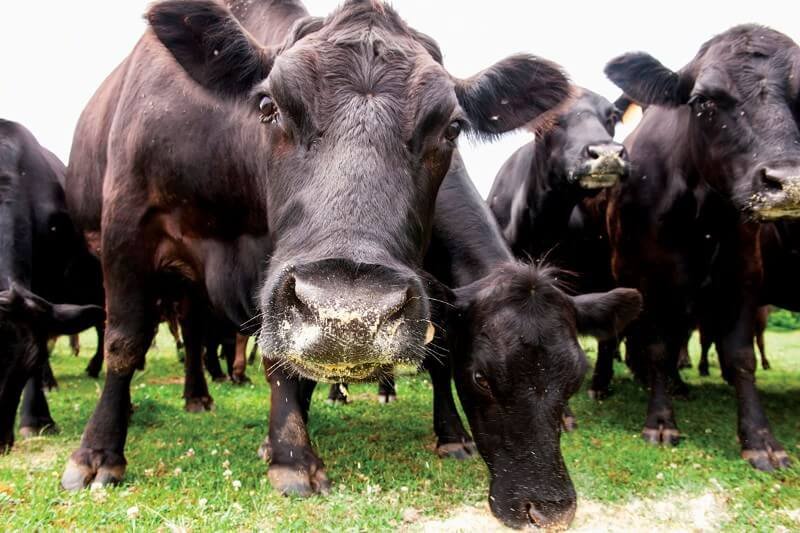Editor’s Note: This article discusses the US Food and Drug Administration guidance on “Regulation of Intentionally Altered Genomics DNA in Animals” which was released on Jan. 18, 2017.
First, the overreaching agency claims it has the authority to regulate genetically improved livestock as a “new animal drug.” As the agency points out all new animal drugs are “deemed unsafe” unless it has approved a new animal drug application. Treating each version of new improved livestock as a drug is really bad news for developers and consumers, since it takes years for a new drug to get through the FDA process at an average cost of more than $1 billion.
The new FDA proposal is also ridiculously bad science….Researchers have pleaded for years that regulation, if needed, be based on whether the end product poses novel risks, not on the method by which it is created. Under the new idiotic FDA guidance, any intentional change to a single-nucleotide base pair would make the entire animal a regulated drug. Let’s put this into perspective. DNA, the chemicals that make up genes, are safe to eat….In fact, by one estimate you eat more than 100 trillion genes that are in your food every day. Eating the DNA that specifies the production of snake venom is no more dangerous than eating any other DNA….
The GLP aggregated and excerpted this blog/article to reflect the diversity of news, opinion, and analysis. Read full, original post: Scientifically Absurd Proposed FDA Regulations on Genetically Improved Livestock Should Be Withdrawn Immediately































